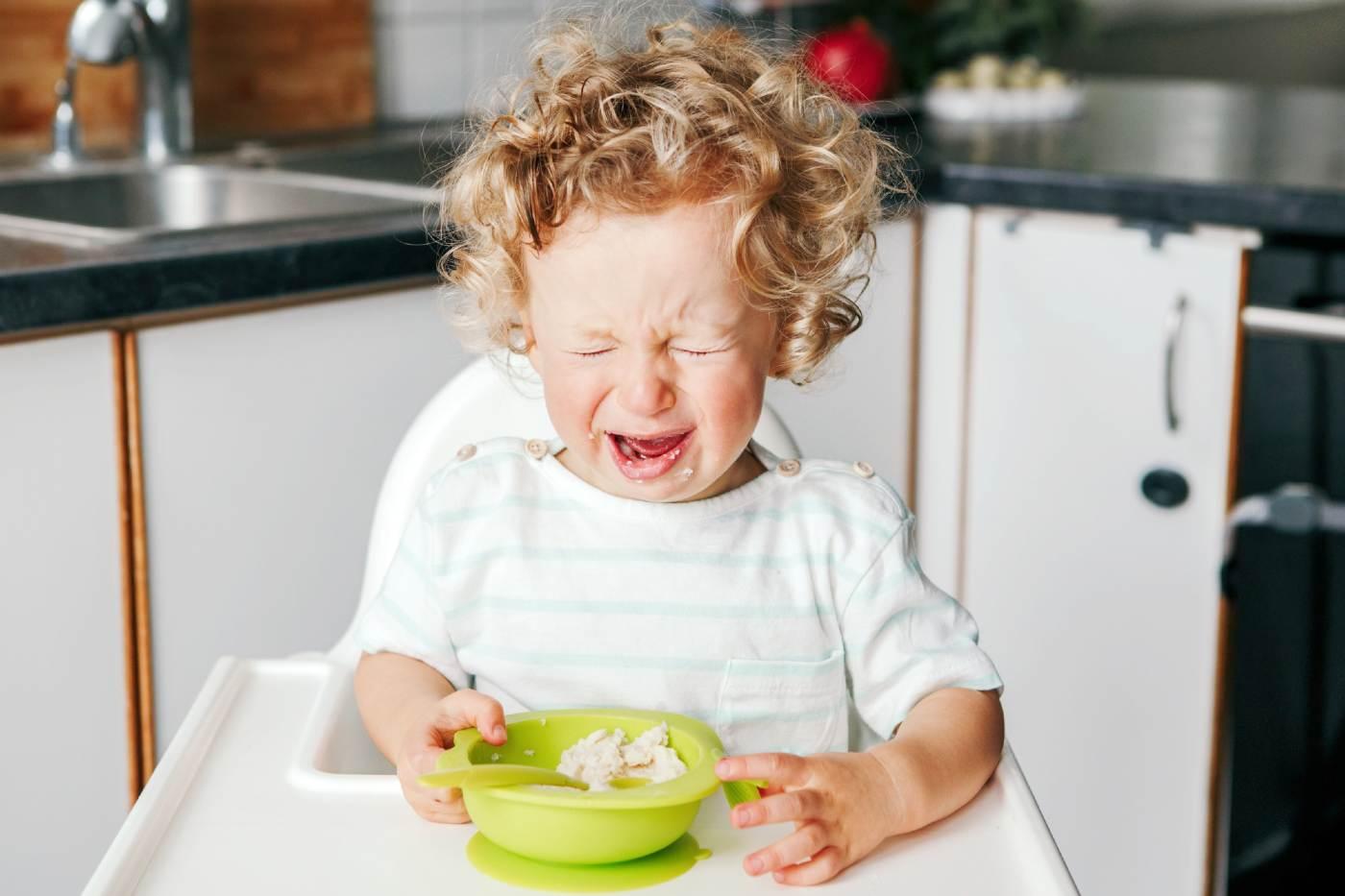TODDLER
When to Worry About Your Toddler’s Tantrums
Tantrums are a totally normal part of healthy toddler development, but occasionally they can be a red flag of something deeper going on. Here is what to know.

Written by
Dr. Harvey Karp

For the most part, tantrums are a totally normal part of healthy toddler development, but occasionally they can be a red flag of something deeper going on (a behavioural or mood disorder, for example). Talk to your paediatrician if your toddler has tantrums that are very intense and aggressive, frequent (occurring nearly every day and/or multiple times a day) and are seemingly out-of-the-blue—especially if your child is 5 or older.
To figure out whether you are dealing with typical tantrums or something that may require a little extra help, there are some questions you could ask yourself…
How old is your toddler?
Tantrums tend to peak between 18 and 24 months and mostly fade away once your child approaches their 5th birthday. That means a 2- or 3-year-old’s frequent or intense tantrums are not as much cause for concern as tantrums for a school-aged child.
How intense are the tantrums?
All tantrums probably feel intense to a parent. But tantrums that regularly involve aggressive behaviour—hitting, kicking, or biting others or hurting themselves—in addition to run-of-the-mill wailing and crying could be a sign something is amiss.
How long do tantrums last?
One study found that a typical tantrum lasts about 11 minutes. Make note of tantrums that stretch 25 minutes or longer.
How frequent are the tantrums?
How often does your toddler have tantrums? Frequent tantrums—your toddler is seriously melting down multiple times a day—may indicate an issue.
Do the tantrums have a clear trigger?
Many toddler tantrums do not make sense to us parents (like why lunch being served on a blue plate instead of a green one makes them dissolve into a puddle of tears). But generally, tantrums without a clear cause are more concerning than those sparked by a trigger.
Who does your toddler have tantrums around?
Kids tend to keep it together around strangers and loose acquaintances…they save the monster meltdowns for the caregivers closest to them—think Mum, Dad, or maybe even a nanny. (It is a twisted compliment—when our kids let themselves fall apart around us, it means they trust us and feel safe with us.)
If your child is indiscriminately throwing HUGE fits around people they do not see too often (such as a school aide or visiting grandparents, for example), it could be a sign that something is up. Of course, if your toddler repeatedly has intense tantrums around the same person or in the same situation (for example, always on the preschool playground or always with the same teacher), you should take a look at what about that space or relationship might be triggering to your child.
Disclaimer: The information on our site is NOT medical advice for any specific person or condition. It is only meant as general information. If you have any medical questions and concerns about your child or yourself, please contact your health provider. Breastmilk is the best source of nutrition for babies. It is important that, in preparation for and during breastfeeding, mothers eat a healthy, balanced diet. Combined breast- and bottle-feeding in the first weeks of life may reduce the supply of a mother's breastmilk and reversing the decision not to breastfeed is difficult. If you do decide to use infant formula, you should follow instructions carefully.
SHARE THIS ARTICLE
PARENT PICKS
Bestsellers



















